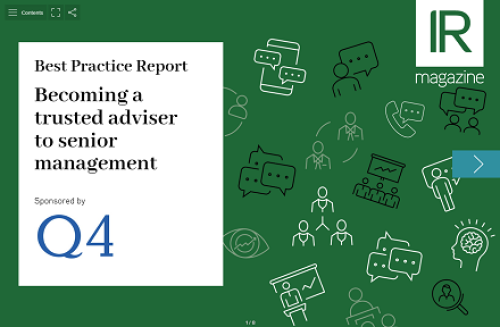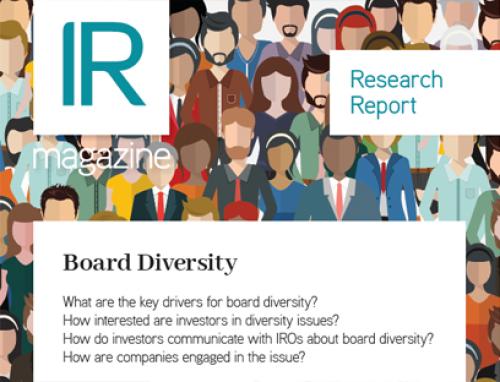Study into US business ethics finds mix of improving and worsening factors
The ethical climate in business has never been better by some measures, according to a survey of more than 4,600 employees across organizations around the US.
But the same survey reports ‘ominous warning signs of a potentially significant ethics decline’, leaving careful readers of the 63-page report scratching their head.
On the one hand, misconduct has reached an historic low (45 percent) and around two thirds (65 percent) of those who observed wrongdoing reported those misdeeds, another all-time high, finds the Ethics Resource Center, an Arlington, Virginia-based non-profit, which authored the report.
But two headline-grabbing findings dominated much of the negative press coverage last week. The survey reports that 22 percent of employee whistleblowers felt some form of retaliation, up sharply from 15 percent two years ago.
This ranged from being snubbed by fellow employees or harassed to feeling their job was in jeopardy and having their pay cut.
In addition, 4 percent of employees say they observed illegal political contributions, up from 1 percent two years ago.
‘Weak ethical cultures’
The survey also reports that the share of companies with what the Ethics Resource Center describes as ‘weak ethical cultures’ climbed to near-record levels (42 percent, up from 35 percent two years ago).
The percentage of employees who feel pressure to compromise standards in order to do their job climbed five points to 13 percent, just shy of the all-time high of 14 percent in 2000.
The Ethics Resource Center also warns that the historical pattern of an improving economy correlating with a deteriorating ethical climate may repeat itself as the US economy warms up.
On the positive side, employees view financial rewards such as those in the Sarbanes-Oxley whistleblower provisions as the least important reason to report corporate misdeeds to government officials.
Only 43 percent of respondents cite financial incentives as the reason to report misdeeds, while 82 percent say they would report wrongdoing if it were a big enough crime and 76 percent would do so if keeping quiet would cause harm to people.
NIRI view
Mark Aaron, chair of the NIRI Ethics Council and IRO at Tiffany & Co, says, ‘It’s certainly encouraging that people wouldn’t say, I’m only going to call the hotline because I’m going to get a $1,000 reward.’
He also questions the notion of an improving economy as a negative ethical indicator. ‘I just think if people down in their core are committed to ethical behavior, then when the economy gets better they (don’t) push those boundaries,’ he says. ‘It’s either part of their DNA or it isn’t.’
The Ethics Resource Center did not respond to requests for comment, but in a foreword to the report, the authors acknowledge the seemingly contradictory findings: ‘We have come to expect certain patterns in employees’ perceptions, and pairings of metrics that rise and fall together. But this year, all bets are off – not a single metric has held to previous patterns… only one explanation emerged – ethics in corporate America are in transition.’










